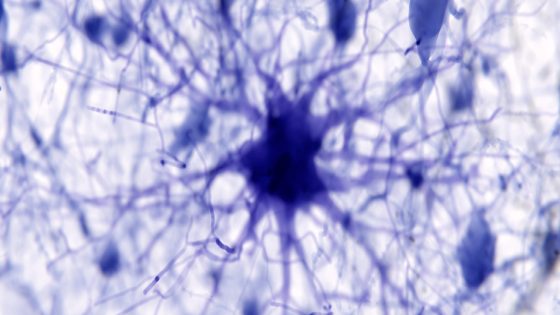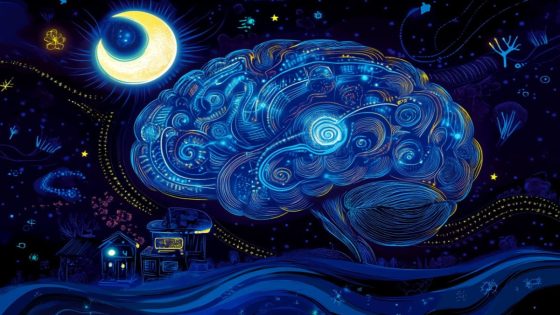Understanding mental health is crucial in today’s fast-paced world, especially with the rise of misinformation. Recent discussions highlight the dangers of pathologizing normal emotions, which can lead to unnecessary anxiety and misdiagnosis.
- Pathologizing normal emotions misrepresents mental health.
- Misusing therapeutic language trivializes serious conditions.
- Unevidenced treatments can mislead and harm.
- Anecdotal evidence creates misconceptions about care.
- Simplistic advice oversimplifies complex emotional issues.
- Lifestyle factors in depression are often oversimplified.
On May 31, 2025, experts warned against the misuse of therapeutic language and anecdotal evidence in popular videos. Such content can trivialize serious conditions and mislead viewers about effective treatments.
Many individuals may wonder how to differentiate between normal emotional responses and mental health disorders. Misunderstandings can lead to harmful self-labeling. It’s essential to recognize that:
- Not all mood swings indicate bipolar disorder.
- Therapeutic techniques should be evidence-based and individualized.
- Consulting a professional is crucial for accurate diagnosis and treatment.
As we navigate the complexities of mental health, let’s commit to seeking accurate information and supporting one another in our journeys toward well-being.

































